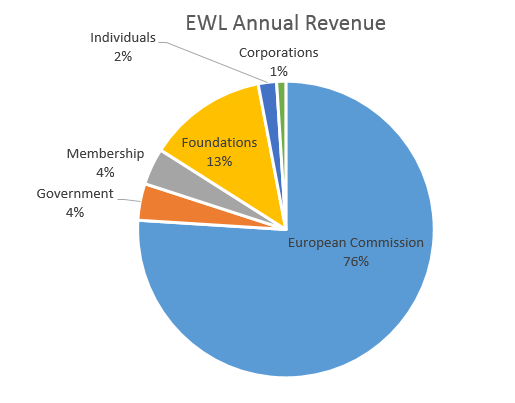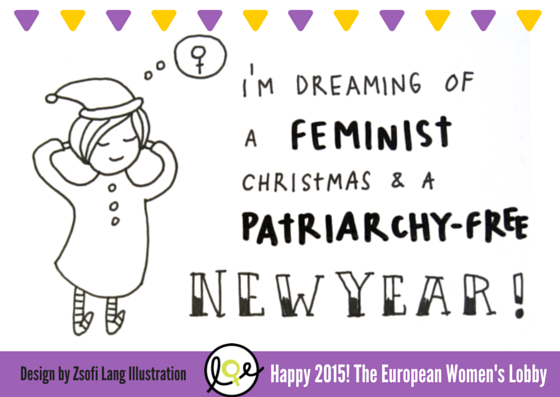By Annette Lawson
Tourists walk past the United Nations Headquarters in New York, in this file picture. At left is the U.N. General Assembly building and at right is the U.N. Secretariat building. REUTERS/Mike Segar
Annette Lawson is chair of National Alliance of Women’s Organisations in Britain. She has an OBE for services to diversity and is founder and Chair of The Judith Trust, which works for better lives for people with both learning disabilities and mental illness needs. The opinions expressed are her own. Thomson Reuters will host an International Women’s Day follow-the-sun live blog on March 8, 2011.
Chaos reigned last year at Commission on the Status of Women 54 which was known as Beijing+15 since it was 15 years since the fourth world ‘Women’s Conference’ had been held there on Equality, Development and Peace.
This chaos resulted from a total lack of preparedness on the part of the United Nations for the arrival of thousands of NGOs seeking to hold U.N. member states to account for the continuing inequalities and injustices still suffered by women globally.
The U.N. knew the numbers and had not worked out how to deal with the lack of space caused by the reconstruction of parts of the U.N. buildings. The paranoia of NGOs gathered there deepened as we were excluded, forced into interminable queues and were unable to work on any outcome document known as agreed text – important because that text provides lobbying material.
This year the U.N., with its great launch of U.N. Women, the new entity which merges others — especially UNIFEM and the Division for the Advancement of Women — into one, sought to improve access in these difficult conditions arising because of the continuing reconstruction. Indeed, despite hugely conflicting information ahead of the time, we finally had some good advisories about what we really would need and mostly registration happened quickly and simply.
Everyone came with multiple copies of everything in order to be sure of ‘getting in’. But ‘getting in’ did not mean you actually could ‘get in’ to the U.N. North Lawn building where most intergovernmental meetings and high level panels were held.
No. You had to queue each day for the one additional ticket per each NGO for a morning and an afternoon session on the following day. Then, for specific meetings organised by governments or the EU, say, you needed a ticket from that organiser. I attended an excellent panel run by the Bangladeshi U.N. Mission launching work on a Human Right to Peace which is thoroughly gender-aware.
These tickets had to be picked up in person within the hour beforehand. So if you were attending something else – most likely an NGO event outside the building – you would have to leave it or miss it to get the ticket. And when one did get in, there was no room to sit, except on the floor which in one’s seventies is no mean accomplishment.
I would rather not have to invent my self-worth as measured by this particular accomplishment. Rather, I would like to have been able to see the faces of the remarkable panellists especially when their mother tongue was not English.
We, women’s organisations based in the UK, were particularly concerned about this year – the first in 41 years – when we have not had the Women’s National Commission (WNC) able to act as liaison for us with the official UK government delegation, and, via them, to the voice of the EU, for, at CSW, the EU speaks with one voice through its Presidency – Hungary this year.
In an act which I have described as vandalism, the coalition government in the UK has abolished the WNC and taken over some of its functions by transferring them to the Government Equalities Office (GEO). This was part of the government’s austerity measures – to reduce expenditure on advisory bodies known as quangos – and also because its ideal includes a smaller State and much greater localism.
Alas, some of the good went out with the less necessary and in the view of every women’s organisation I know, the WNC, whatever its faults and nothing is perfect, is a great loss to us.
We are urging each other to view this as an opportunity and the Geo has instituted a couple of really helpful new ways of communicating – through a newsletter just for those attending CSW and with a special CSW email address.
One of our number, Jan Grasty, the president of the body which has taken over from UNIFEM (UK) called U.N. Women (UK National Committee) led the liaison while Zarin Hainsworth of the Baha’i was instrumental in providing space for morning meetings of UK NGOs and also much meeting space for our side-events in their international offices right beside the U.N.
The UK’s Ambassador to the U.N. hosted a reception as usual for us and the mission also welcomed us to evening briefings with expert UK government representatives willing to talk to us.
However, there is a steep learning curve both for the GEO and for us as a less coherent body and we learned much less than usual about the content of what was happening on the text and within the EU.
This year’s main theme was on education with a special interest in science, engineering and technology and women’s access to decent work. It is difficult to provide helpful suggestions as to how the language might be changed if we do not know where the hang-ups are.
Since we were also so restricted as to which intergovernmental sessions we could attend, we were not able to sit in on negotiations and that changes the character of the relationship between governments and NGOs. During the second week, the few remaining women from the UK met in the hotel room of one of their number to work together – I was not there but clearly new mechanisms are being created!
Anything that reduces the access of civil society, in this case women’s organisations, to meetings that are making decisions that fundamentally concern us, is a matter for distress and campaigning. Any action that prevents women’s organisations from being a vital influence at the U.N., flaunts the hopes and the rationale of the system established by Eleanor Roosevelt, First Lady of the United States from 1933 to 1945.
But, two brilliant things happened: the launch of U.N. Women; and side events put on by a ‘Youth Caucus’ of which 16 young women and men with an average age of 16+ were accredited from the UK (7 by my organisation, NAWO, the National Alliance of Women’s Organisations, and others by Widows Rights International) and this was organised by the brilliant Zarin Hainsworth.
Next time I am forced to sit though some conference where a speaker turns her or his back on the audience, cannot be heard because they haven’t a clue how to use a microphone, read the text of interminable and illegible, boring, non-pictorial overheads, I will ask that they get a sixth-former please to teach them how to present.
These young people had done their research, created their presentations – mostly without power points which was just as well since the system broke down – rehearsed them and stuck precisely to time. You could hear everything they said and they were a joy to watch. They also did some dramatic roles which were terrifyingly good – especially ones showing violence against girls in a session it was my pleasure to chair, Say No Now.
And finally there was U.N. Women! It was such a thrill to sit in our accustomed NGO gallery above the great General Assembly and watch the videos and listen to the amazing line-up of speakers all completely committed to the vision and the implementation of this U.N. initiative which has the capacity to create a really different, more equal, more just world for women and for men, boys and girls.
And it was heartening that here at least the role of NGOs was seriously understood and recognised. And thanked. We who had been in at the beginning all knew what the GEAR campaign (Gender Equality Architecture Reform) had accomplished – we knew we would not have been sitting there at this launch without it.
Led by women in New York, the GEAR campaign had reached out across the globe and had regional networks all involved. In Europe, our own European Women’s Lobby was the recognised network and NAWO and our sister organisations in the devolved countries of the UK had signed up to it at the ‘off’.
No better Chief Executive than Michelle Bachelet, Chile’s woman President, and no better president of the new U.N. Women board, Joy Ogwu of Nigeria, a rare female foreign secretary, could have been chosen to be in the driving seats.
With Ban Ki-Moon, secretary general of the U.N., behind it because: “It is the right thing to do and the smart thing to do.”
It remains for us to get our governments to fund it so it can work on the ground to transform the lives of the poorest women, and at the highest levels of international government to transform cultural attitudes that exclude women from the tables where global decisions are made.


